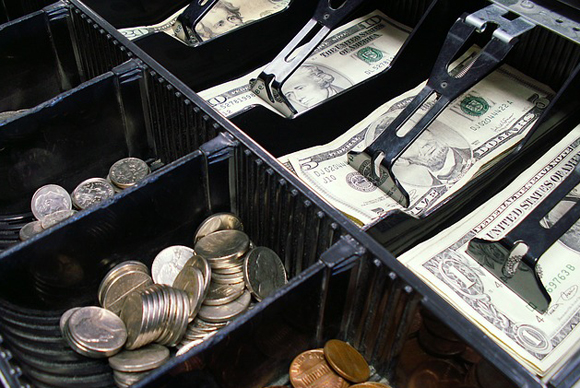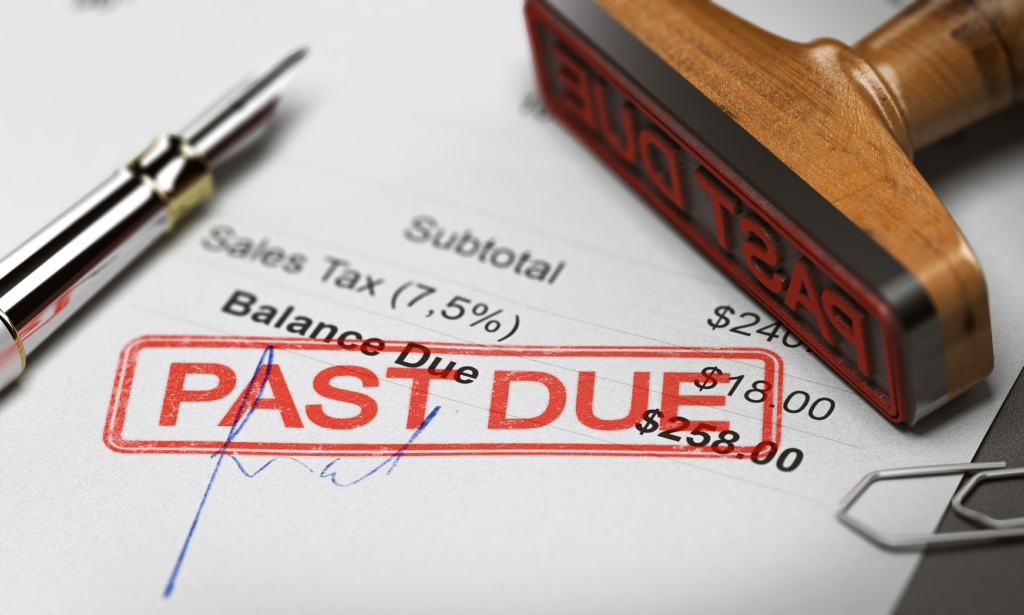Sales suppression software has been around for a while, but the government is getting more serious about sniffing it out. The software, commonly called tax zapper software, is used to modify sales reports generated by point of sale (POS) software systems for the purpose of reducing taxable income by underreporting sales.
Restaurants and other cash-based businesses that rely on POS systems are the biggest culprits. These businesses often access tax zapper software by using untraceable USB drives or downloading it from the dark web (an online source that is also difficult to trace).
So if acquiring and using the software isn’t what tips off the authorities, what does?
For more than a decade, the IRS has been using its own software to analyze cash-based businesses and compare them to similar ones. Businesses that report outside what’s considered a “normal” ratio of cash to credit cards are flagged and often audited. It’s a roundabout way of detecting zappers, but it’s effective for catching the boldest users who alter their books aggressively.
States have their own interest in detecting this type of tax evasion since it can reduce the sales, mixed drink, franchise and other state taxes they collect. One expert concludes that state taxing agencies in the U.S. lose about $21 billion annually from tax zapper activity. Texas alone may be losing $1.6 billion annually. It’s no wonder, then, that they’re taking action.
Most states—including Texas—have anti-zapper laws in place, which can make even the possession of the software or a link to it online a punishable offense. You can bet those states work closely with the IRS to crack down on zappers and gain back those billions of dollars in lost tax revenue. Recent high-profile cases have made the news in Illinois, Washington, and Minnesota.
Questions about how your own POS system should record sales for tax purposes? Feel free to contact us.
Image by Charles Thompson from Pixabay

























